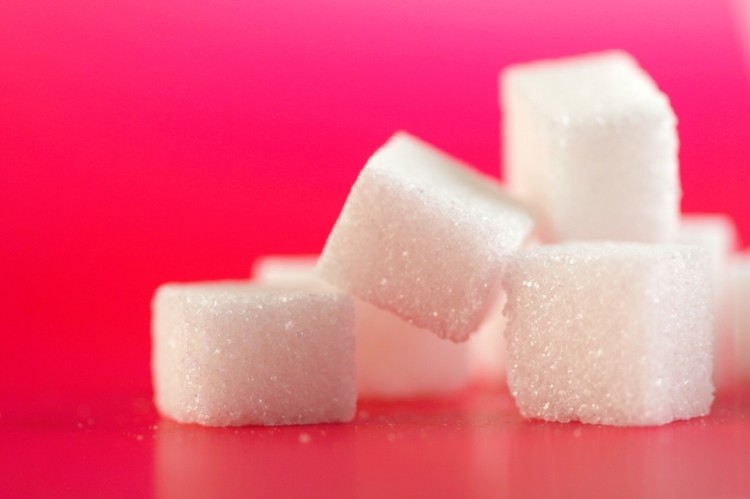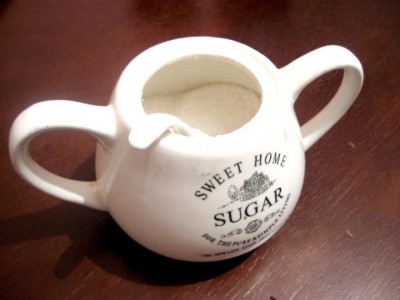Smoke signals: Sugar industry needs to embrace moderation (like the rest of us)

Most of us could cut back on the sweet stuff. The World Health Organization (WHO) recommends less than 10% of our calories should come from added sugars, but few of us manage that.
According to FAO figures, average global added sugar consumption is about 24 kg a year – equivalent to about 260 calories a day – but in the EU, the figure is closer to 32 kg a year, or an average of nearly 350 calories a day. (And Americans eat nearly half that again in the form of high fructose corn syrup.)
But does sugar warrant the bad press it’s had in recent months? I think not, but industry is not doing itself any favours with its response to genuine concerns about the health issues that come with too much sugar.
Even the most vociferous sugar critic (I’m looking at you, Robert Lustig) doesn’t suggest that the odd spoonful of sugar is going to kill you. The problem is over-consumption – a big one, considering that most of us are guilty of it. What’s more, looking at average consumption is only helpful to a point; there are some consumers who eat and drink far, far more sugar than could be construed as healthy.
Tobacco, on the other hand, has no known ‘safe’ consumption level.
Cringeworthy, knee-jerk denial?
There has been a flurry of studies linking sugar with poor health outcomes – and every one of them is clear about the problem being large amounts of dietary sugar, rather than any sugar at all. But that’s not what you’d think from reading reactions from industry – and, to be fair, some pretty hysterical headlines from the media.
The industry needs to accept that there is a mounting pile of evidence suggesting that excessive sugar intake is worse for the body than we ever suspected. In particular, excessive consumption has been linked to heart disease and cancers, in some very large observational studies. Sugar users have been quick to point out that these are observational studies, which can prove association but not cause and effect.
“Importantly, demonstrating association is not the same as establishing causation,” said the American Beverage Association, after a major US review linked high sugar intakes with significantly increased risk of death from heart disease. This kind of knee-jerk protectionist reaction makes me cringe.
Where are the double-blind randomised controlled trials? Well, it’s simply not possible to design such a study – at least not without major ethical concerns. Who’s volunteering their children, from birth, for a strictly controlled diet alongside an intravenous solution that may or may not be sugar syrup for the next 50 years, so we can see once and for all which group has the highest rate of heart disease?
And doesn’t this sound familiar? That’s right, the tobacco industry rolled out the same message.
As recently as 2003, the British tobacco firm Imperial used as a defence in court documents: “Cigarette smoking has not been scientifically established as a cause of lung cancer. The cause or causes of lung cancer are unknown.”
The UK government had accepted the cancer-tobacco link in 1957. Thankfully, no one had to volunteer their kids to ‘prove’ that link in a controlled trial.
The middle road
Of course, there are exceptions to blundering PR messages in the sugar sector. It was refreshing to hear AB Sugar’s head of food science saying earlier this week that the company “would not advocate a high sugar diet”. Yes, sugar can have a role to play in making foods and drinks tasty, and it should be okay to say that; we don’t have to live on kale and açaï berries.
I have a message for sugar makers and sugar users: It may not be unhealthy per se, but you need to accept that sugar is not healthy either. Accept that intakes need to continue on a downward trajectory for a while yet. Diversify your portfolio to include zero-calorie sweeteners. Keep cutting sugar.
Then reap the rewards of a healthier population – that can keep eating moderate amounts of sugar for longer – and avoid the PR nightmare of constantly trying to defend a nutritionally questionable product.
Everyone loves sugar. Unlike the tobacco industry, you’ve got nothing to worry about.
























